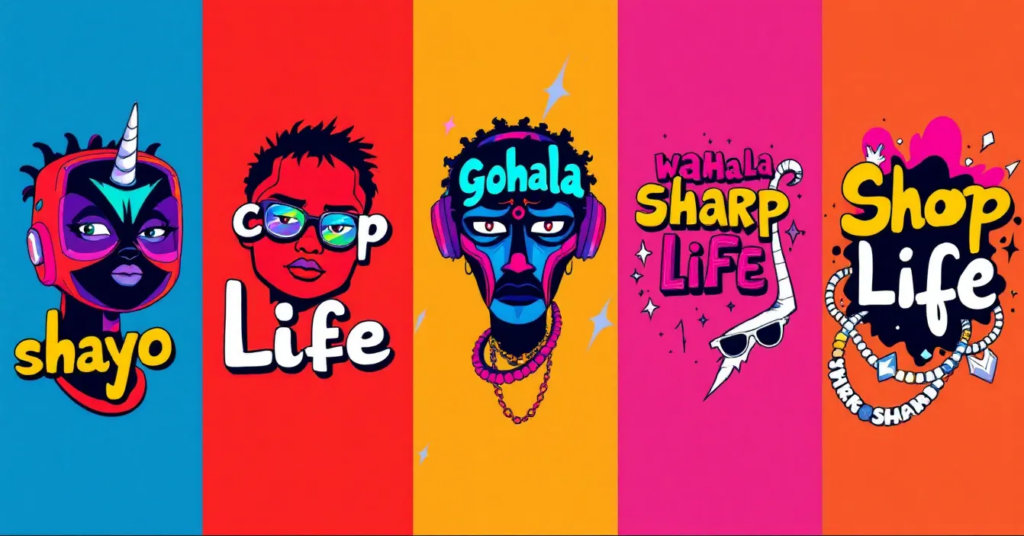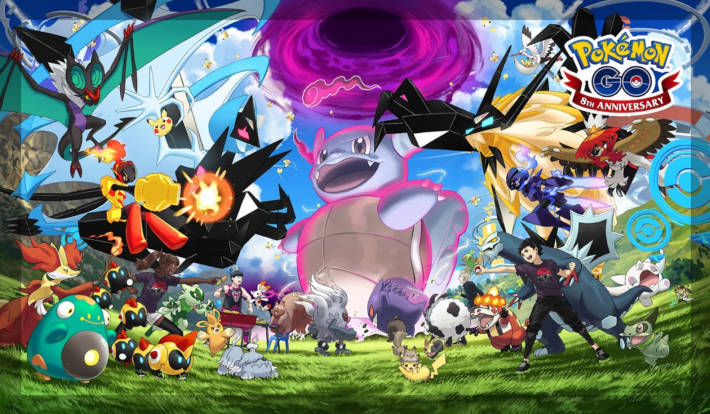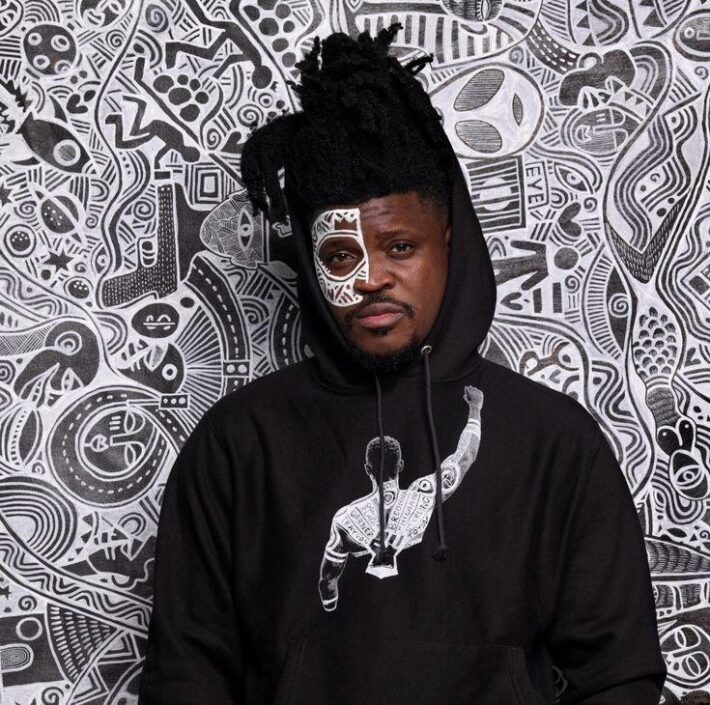Why African Slang is the New Currency of Global Pop Culture

Make I Give You Gist
You ever hear a word so fly, so electric, that it jumps out the mouth, slides into a beat, and before you know it—BOOM—it’s global? That’s what’s happening with African slang right now. These words sound cool; they got rhythm, they got movement, they got power.
But here’s the thing—when culture moves, money moves too. And right now, the words that started on the streets of Lagos, Nairobi, and Joburg are showing up in Grammy-winning songs, TikTok trends, and global ad campaigns. The world is talking like Africa—but is Africa cashing in?
The Language of Influence: More Than Just Words
There’s an unspoken rule in pop culture: language precedes dominance. Before hip-hop became the defining sound of the world, its slang infiltrated everyday speech. Before Korean entertainment took over streaming charts, K-pop and K-drama phrases (“Oppa,” “Daebak”) became global vernacular.
Now, the same thing is happening with African slang. From Lagos to London, Accra to Atlanta, and Nairobi to New York, African street language is fast becoming the new currency of global influence. But here’s the catch—while billion-dollar industries profit from it, the originators rarely do.
In this article, we’ll explore:
- How African slang has infiltrated global pop culture
- Why brands are co-opting it for commercial gain
- The cultural, economic, and ethical implications of linguistic appropriation
- What the future holds for African linguistic influence
Language has always been a marker of power. It dictates who belongs, who leads, and who controls the narrative. In a world where culture is capital, words are no longer just expressions—they are assets.
Africa, long seen as a continent rich in resources but undervalued in intellectual property, has found itself at the epicenter of a linguistic revolution. From street corners in Lagos to digital spaces across TikTok and Twitter, African slang is no longer confined to local dialects—it has become a global currency of cool. The world is speaking Africa’s language, often without knowing it. But beneath the playful words, the hashtags, and the marketing campaigns lies a deeper, more complex reality: Who owns the words that shape culture? And more importantly, who profits from them?
Slang as Code: The Evolution of Language from Survival to Status
In African urban centers, slang is more than casual speech—it is a form of survival and identity. Language in these spaces is agile, bending and twisting to accommodate new realities, often acting as a secret code for those who live within it. A single word can shift meaning based on tone, location, or who is speaking.
Take “sapa” in Nigerian Pidgin. To outsiders, it means financial hardship. But to those who use it daily, it’s more than that—it’s a cultural shorthand for a shared economic struggle, often delivered with humor, self-awareness, and even defiance. A young Nigerian might say, “Sapa hold me,” meaning they are broke, but the phrase carries layers of context—it signals both economic frustration and a communal understanding of hardship as a collective experience.
Across different cities, the language of the streets morphs to reflect new realities. In Nairobi, Sheng—a constantly evolving mix of English, Swahili, and local dialects—serves as an urban lingua franca, reshaped by each generation. In Johannesburg, Tsotsitaal, once a language of rebellion in Apartheid-era townships, has now become a symbol of urban swagger, influencing music, advertising, and youth identity.
For decades, these linguistic codes were dismissed as unrefined or unimportant—seen as the speech of the underclass, not the language of influence. But today, global consumerism thrives on subversion, and what was once ignored is now desirable.

The Capitalization of Cool: How Global Culture Absorbs and Profits
In the age of hyper-connectivity, trends are not just adopted; they are extracted. The process is simple: the world’s mainstream culture looks to the fringes—often the spaces occupied by the most marginalized—and absorbs their language, style, and symbols until they become mainstream.
African slang follows the same pattern. It starts locally, spreads through music and social media, and is then recontextualized in global pop culture. But the transition from cultural expression to commercial asset is where the real power play happens.
The music industry has long understood this. Afrobeats, Amapiano, and Gengetone have been vehicles for African slang, turning street language into global soundtracks. When Wizkid sings “Ginger me”, he isn’t just using everyday speech; he’s exporting Nigerian linguistic swagger to the world.
But beyond music, global brands are now using African slang as a marketing tool. A word that once belonged to the streets now appears in advertising campaigns, sneaker collections, and digital memes—all without the originators reaping the rewards. In 2023, a global fashion brand launched a streetwear collection named “Japa,” the Nigerian term for escape or migration. The campaign celebrated African youth culture, but the brand itself had no African designers, no African collaborations, and no African ownership of the narrative.
This isn’t an isolated event. The monetization of African slang follows the same extractive playbook as the global fashion and music industries—culture is borrowed, rebranded, and sold at a premium to those who can afford it.
When Words Become Assets: The Intellectual Property Dilemma
The issue is not just cultural; it is economic. The most valuable assets in the digital era are no longer raw materials but intellectual property—words, ideas, and narratives. Yet, while African slang fuels global pop culture, Africa itself sees little return on investment.
The dilemma is this: language is fluid. It belongs to no one and everyone. But when slang becomes a marketable commodity, the question shifts from cultural ownership to economic control. Who gets to decide when a word is valuable? Who sets the price?
Some creators have already begun to recognize this shift and have taken action to legally protect their language. In the U.S., Cardi B successfully trademarked her catchphrase “Okurrr”—a term she popularized but had origins in drag culture. Jay-Z attempted to trademark “Jigga” as part of his personal brand. In Africa, Burna Boy, Wizkid, and Nasty C have embedded their linguistic identities into their music, transforming once-local slang into intellectual property that powers global brands.
However, these are individual cases. The real challenge lies in creating systems that ensure African cultural assets remain in African hands.
One solution could be African-led linguistic archives and licensing platforms. If street language is driving global brand messaging, then it must be documented, copyrighted, and monetized with African creators at the table. Imagine a slang licensing hub, where brands must pay for the right to use emerging language—ensuring revenue flows back to the communities that created it.
Another avenue is education. Legal literacy around cultural ownership must become mainstream. It is no longer enough to create culture; one must also protect and monetize it.
“Africa’s pop culture is a goldmine – More brands will continue to explore licensing, co-creating, and monetizing street slang and cultural trends.”
Let’s Crunch the Numbers
While there is no single valuation for the licensing of slang and language styles, it falls within the broader brand licensing industry, which was valued at approximately $291 billion in 2023 and is projected to reach $503 billion by 2032, growing at a CAGR of 6.1%. Within this, entertainment and character licensing accounted for $122.7 billion in revenue in 2019, proving that cultural assets—whether visuals, phrases, or linguistic styles—hold immense value.
While slang licensing might represent a smaller fraction of this market, its cultural impact is undeniable. Some brands have already pioneered this space, integrating licensed language into their marketing and product development strategies.
How Brands Are Monetizing Slang
• Trademarking Catchphrases & Slang: Celebrities, artists, and brands have trademarked phrases to control and monetize their usage. Nike’s “Just Do It” is an iconic example, but even colloquial phrases like “Hot Girl Summer” (trademarked by Megan Thee Stallion) showcase the potential for slang ownership.
• Regional & Cultural Licensing: Some brands enter licensing agreements to use slang or language styles tied to specific communities, ensuring authenticity in global marketing campaigns.
• AI-Powered Linguistic Licensing: With AI-driven voice assistants and chatbots, brands are exploring licensed language styles to make virtual interactions feel more culturally specific and engaging.
The Future of Cultural Currency
Slang has always been a force of transformation, but today, it is more than just a way of speaking—it is an economic asset that influences global consumer behavior. African words are shaping how the world speaks, but until mechanisms exist to ensure ownership, the continent risks being the source, but not the shareholder. Africa’s pop culture is a goldmine – More brands will continue to explore licensing, co-creating, and monetizing street slang and cultural trends.
As brands seek deeper cultural resonance, the licensing of language will become an even more strategic tool—not just for marketing but for product differentiation and brand equity. The question is no longer if language can be monetized, but how brands will ethically and effectively leverage it in an era of cultural co-creation.
The future of linguistic ownership will require bold action from creators, legal frameworks that support cultural monetization, and African-led platforms that track and commercialize influence.


